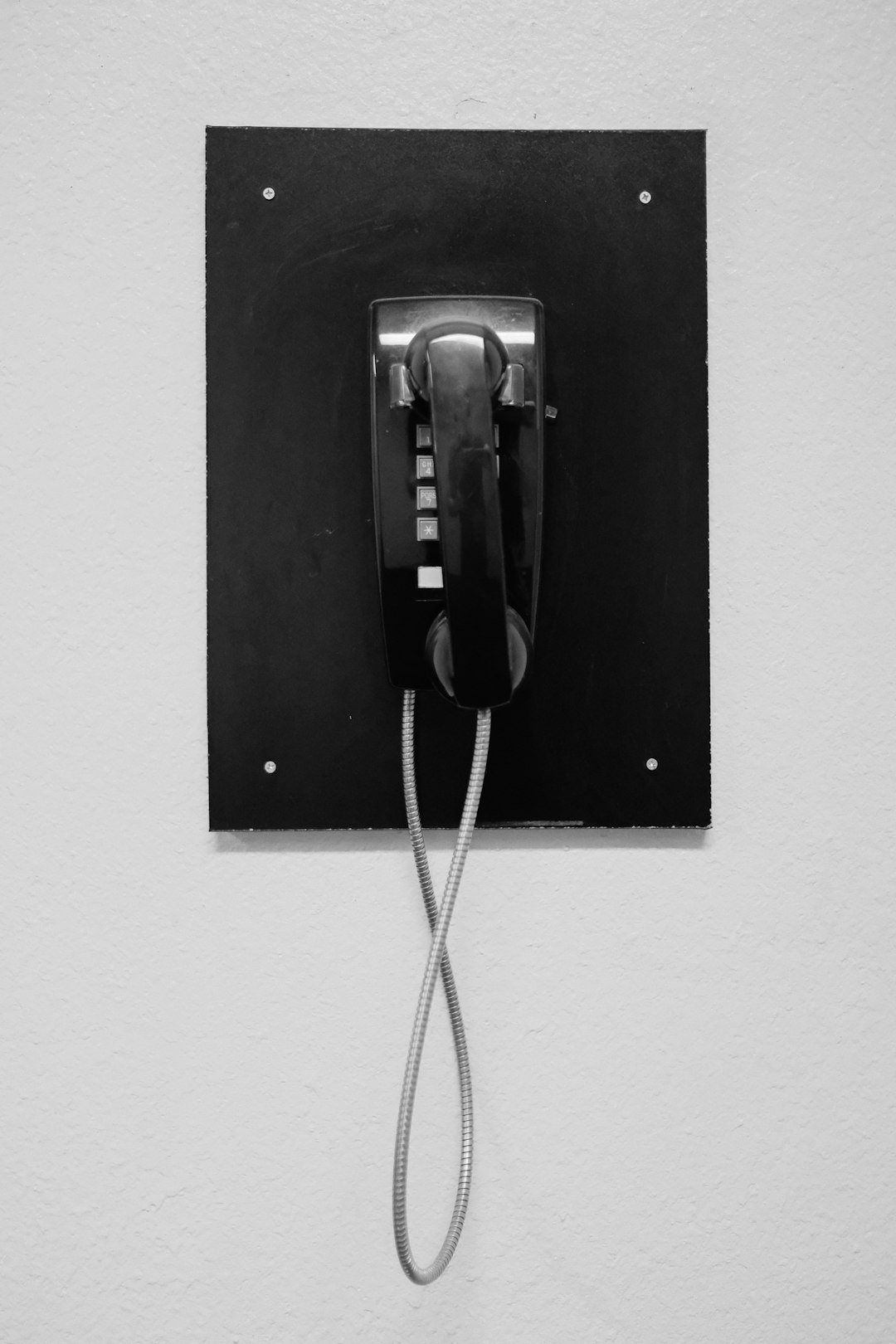Maine residents and businesses face a surge in robocalls, prompting a closer look at spam call laws. While consumer protection laws exist, call centers exploit loopholes. Livermore Falls leads the charge with community education on rights and tools, including Maine's Spam Call law firm. Specialized expertise is vital for navigating complex regulations like TCPA, upholding fair communication standards, and protecting consumers from unwanted intrusions.
In today’s digital era, Livermore Falls, Maine, like many communities, grapples with a pervasive issue: robocalls. This introduction delves into the intricate web of local efforts to combat spam calls and the legal complexities surrounding them. Uncovering the loopholes that enable these unwanted intrusions, we explore Livermore Falls’ proactive approach and its impact on the local fight against intrusive phone marketing. Join us as we navigate Maine’s spam call landscape with a focus on effective solutions.
Unveiling Robocall Loopholes in Maine's Legal Landscape

In Maine, as in many parts of the country, the rise of robocalls has sparked concern among residents and businesses alike. The constant barrage of automated phone calls, often posing as legitimate companies or government agencies, has led to a significant increase in complaints about unwanted and intrusive marketing tactics. This issue has prompted a closer look at the legal landscape surrounding Spam Call law firms in Maine.
Maine’s consumer protection laws aim to shield residents from deceptive practices, including excessive robocalls. However, navigating the loopholes and nuances of these laws can be complex. Recent developments have shed light on strategies used by some call centers to bypass regulations, highlighting the need for enhanced awareness and stricter enforcement. By understanding the legal framework and staying informed about industry trends, Maine residents can better protect themselves from unwanted robocalls.
Livermore Falls: A Local Fight Against Spam Calls

Livermore Falls, a small city in Maine, has been at the forefront of a local battle against spam calls. Residents here have been increasingly frustrated by the incessant influx of unwanted automated phone calls, often disguised as legitimate business or financial offers. This problem has prompted the community to take proactive measures, not just to protect its citizens from these nuisance calls but also to raise awareness about the existing Spam Call law firm Maine has in place.
The city has organized workshops and information sessions to educate locals on their rights and the legal avenues to combat spam calls. By sharing resources and strategies, Livermore Falls aims to empower its residents to take a stand against this growing issue. These efforts not only showcase the community’s resilience but also underscore the importance of utilizing Maine’s Spam Call law firm to hold offenders accountable and foster a safer, less cluttered communication environment for all.
The Complexities of Spam Call Regulation and Enforcement

The regulation and enforcement of spam calls, while seemingly straightforward, present a complex web of challenges. In the United States, the Telephone Consumer Protection Act (TCPA) serves as the primary legislation governing telemarketing practices, including restrictions on automated or prerecorded calls. However, the law’s interpretation and application can be intricate, leaving room for loopholes and varying interpretations by different courts. This complexity is further exacerbated by the ever-evolving nature of technology, which enables clever ways to circumvent traditional contact methods.
In Maine, a state that has been at the forefront of tackling robocalls, local authorities face the daunting task of staying ahead of malicious actors who exploit these legal gray areas. A reputable spam call law firm in Maine plays a vital role in navigating this intricate landscape by providing specialized knowledge and strategies to combat such deceptive practices. They assist in identifying and closing loopholes, ensuring fair communication standards, and protecting consumers from unwanted intrusions into their personal space.






